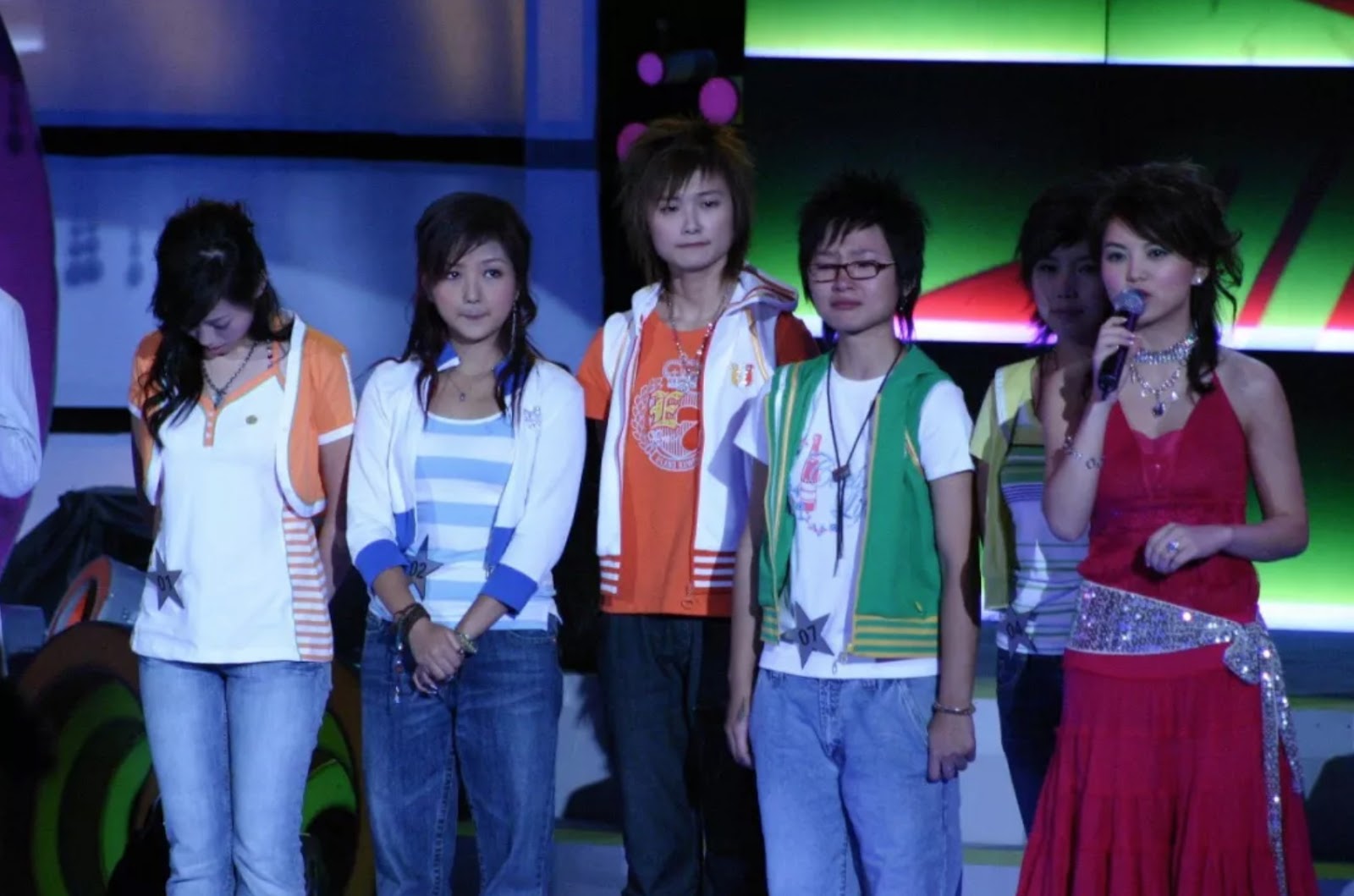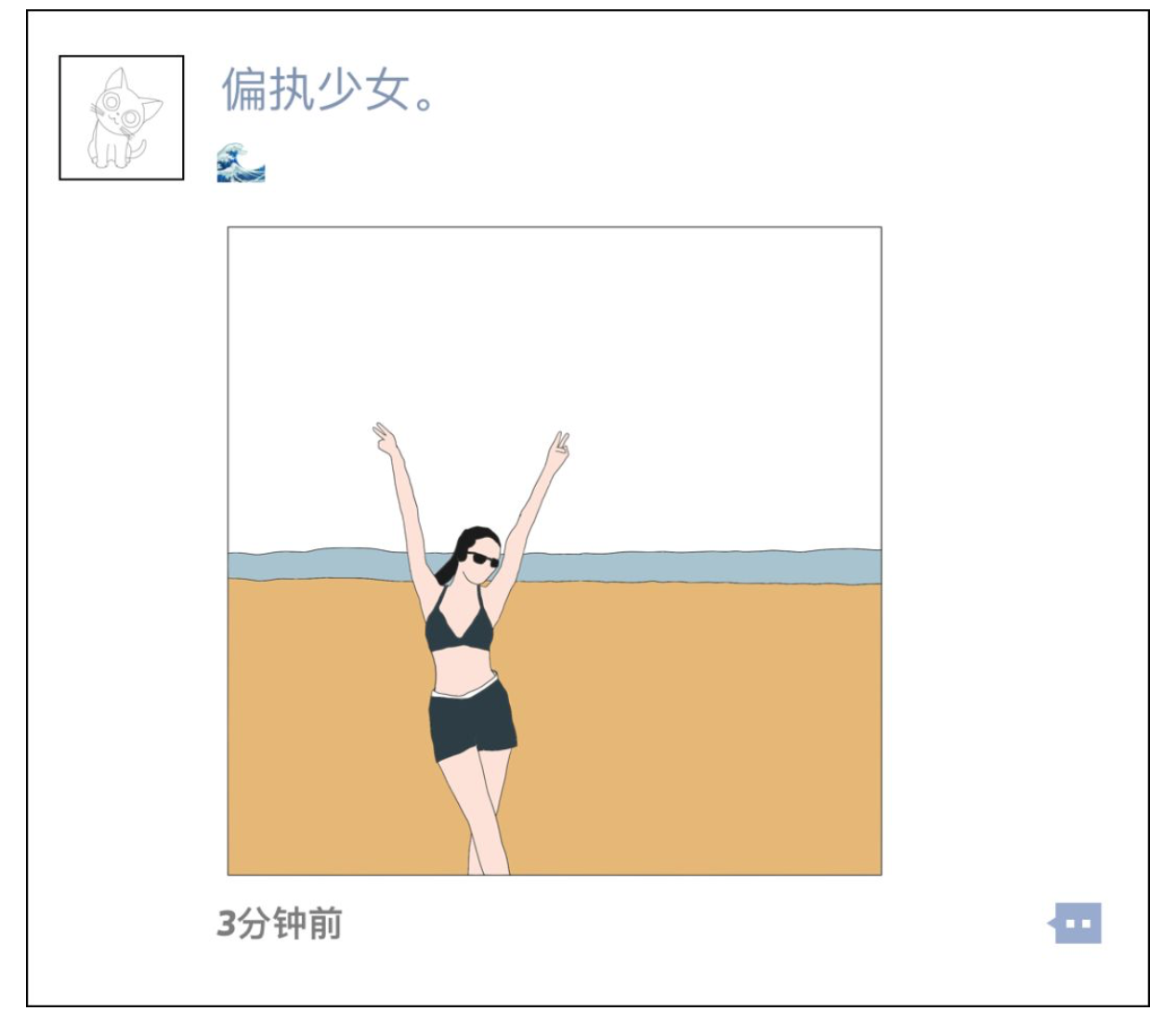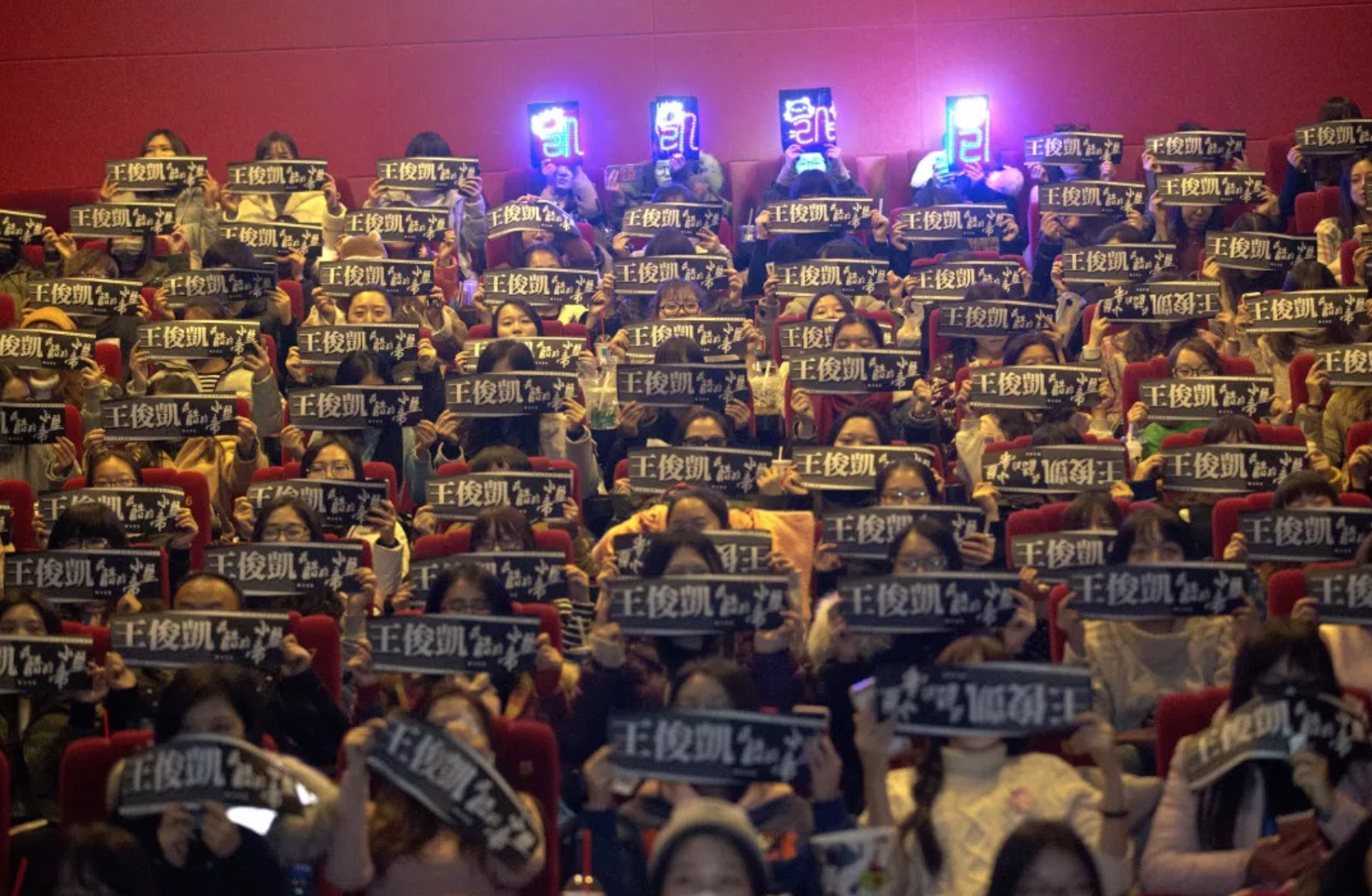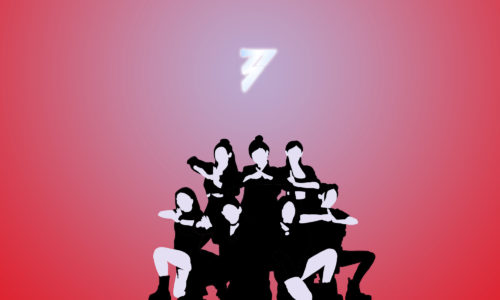Chinese Corner: The intriguing history of Hunan TV
Chinese Corner: The intriguing history of Hunan TV

The intriguing history of Hunan TV
湖南卫视,“妖孽”二十年 húnán wèishì, “yāoniè” èrshínián
Hunan TV, being the unordinary for 20 years
By 王不易 Wáng Búyì
September 28, 2018
For a long period of time, when most Chinese TV stations were still showing badly produced dramas and propaganda, Hunan TV was the only channel you could tune in to for high-quality variety shows. In 1997, it created Happy Camp 快乐大本营, which was, in some ways, China’s first reality TV show.
Eight years later, the singing contest show Super Girl 超级女声 became a nationwide hit, and it was imitated by countless other talent shows. In 2013, the station again proved its knack for making massively popular programs with the reality show Where Are We Going, Dad? 爸爸去哪儿, which attracted 75 million viewers per episode during its first season.
Today, Hunan TV is facing growing criticism for its excessive emphasis on ratings and a number of plagiarism scandals. But this by no means undermines its enduring influence on the landscape of Chinese television.

The unspoken rules of WeChat Moments
黄金周高频朋友圈解析 huángjīnzhōu gāopín péngyǒuquān jiěxī
An analysis of common WeChat Moments posts during Golden Week
By GQ实验室 GQ shíyànshì
October 1, 2018
Let’s be honest. When you make a post on social media, you long for a certain kind of feedback. And from the perspective of someone on the receiving end, giving the anticipated response is crucial to maintaining an amicable relationship.
But on WeChat Moments, things are way more complicated. There, in many cases, people don’t really mean what they write and the resulting miscommunication can be destructive for a relationship.
To help readers better understand the unwritten rules of WeChat Moments, GQ Lab has published a series of funny articles, including:
- 假期出国朋友圈探秘 Exploring the mystery of WeChat Moments posts about overseas travel
- 有的朋友圈,看上去就很贵 Some WeChat Moments posts look expensive
- 这么发朋友圈,是会被人截图吐槽的 These WeChat Moments posts will surely invite ridicule
- 朋友圈优秀模板大全 A comprehensive collection of good templates of WeChat Moments posts
- 朋友圈点赞潜规则 The unspoken rules of liking WeChat Moments posts

What it takes to be a super fan in China
中国粉丝三十年 zhōngguó fěnsī sānshínián
Thirty years of Chinese fans
By 敲敲格 Qiāoqiāogé
September 28, 2018
In the old days of Chinese pop culture, fandom was low-key. Without the prevalence of social media and press dedicated to covering every move of celebrities, liking or admiring an artist was primarily personal and low cost. The only way artists could connect with their devotees was through their work. Fans, in return, didn’t feel obligated to take responsibility for their stars’ commercial success or personal happiness.
Today, it’s much easier for a fan to take their love for a particular artist to extremes. Fandom now can entail a string of duties, including finding like-minded people online to form an active community, buying products endorsed by idols to prove their popularity, and defending chosen stars from backlash and criticism.
This article is about the ever-changing relationships between idols and their overzealous fans and how the meaning of worshipping a celebrity evolved in the past 30 years. To have a sense of how much work it requires to be a die-hard fan in China, you can also read this article, which portrays the ugly competitions among fans of the boy band TFBoys.






